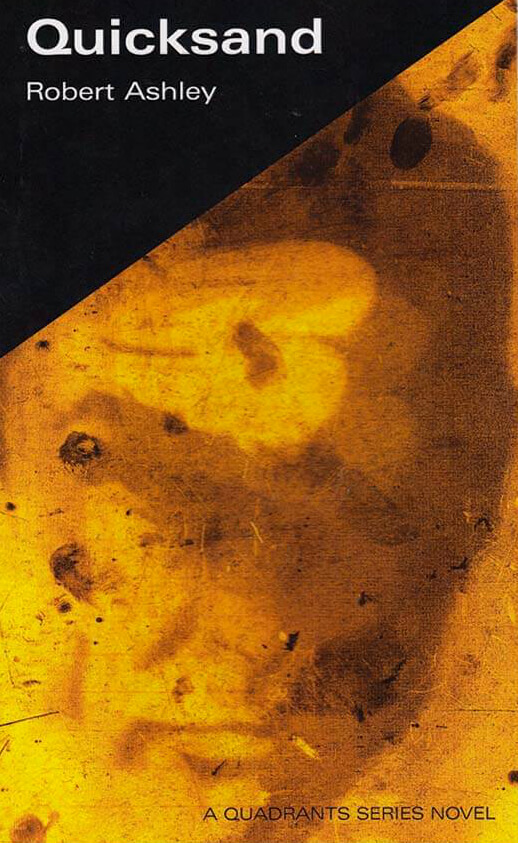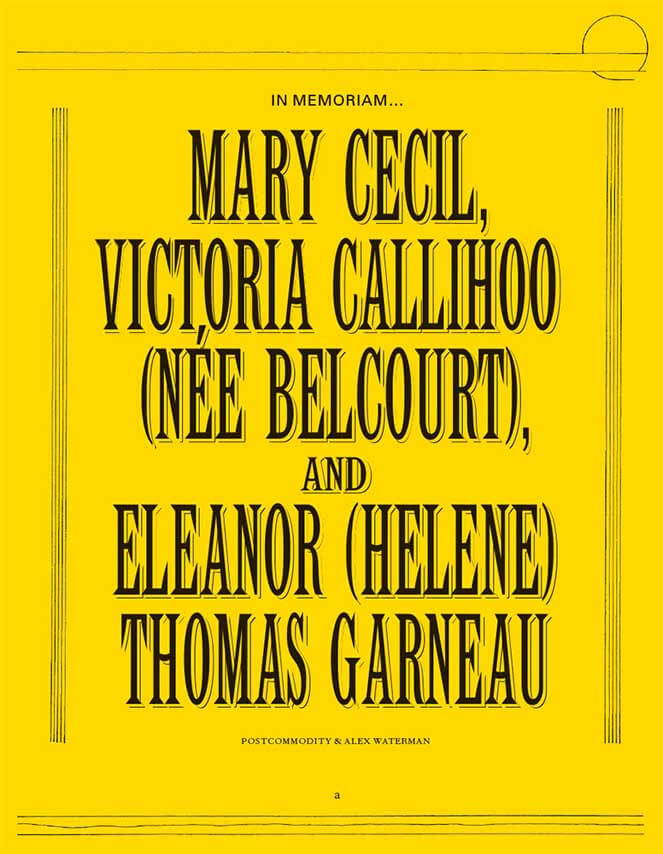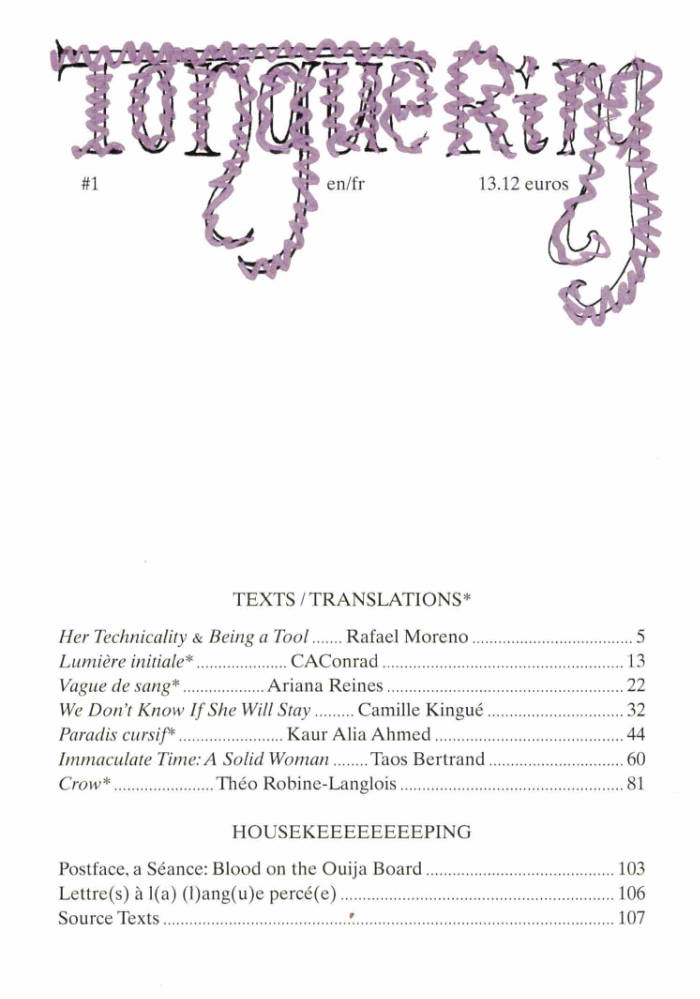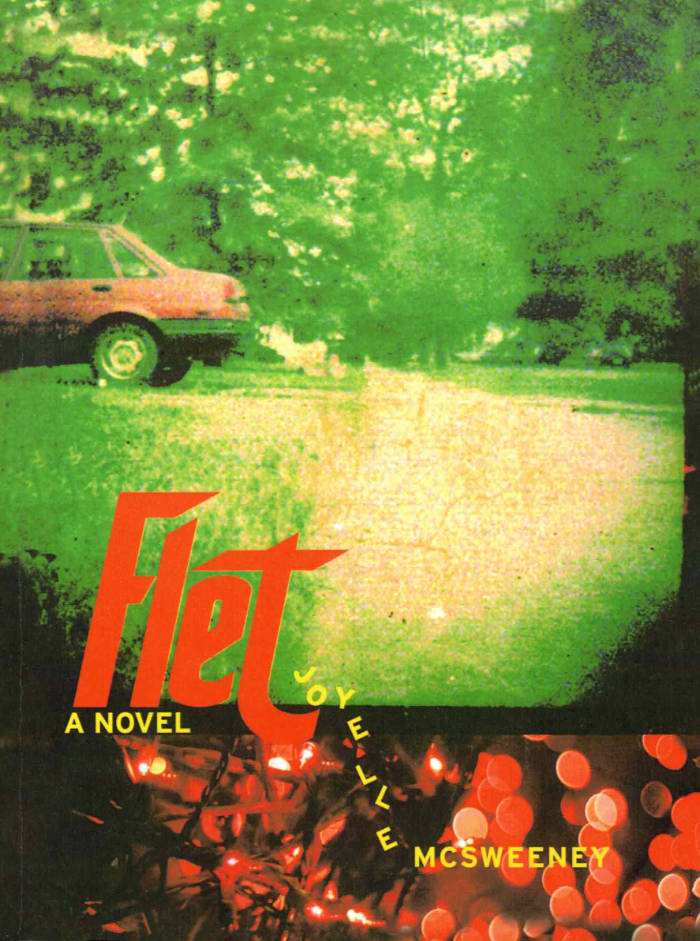
Quicksand
QUICKSAND was written to be an opera libretto. But it was written in the form of a novel....I am devoted to "mystery" stories. I read them one after another, mostly two or three times. Some of the best writers today are writing in this form. So, I thought that I would try to make an opera libretto from a mystery story, told verbatim. That is, the libretto and the novel would be the same: no scenes moved around or actions adapted to the proportions of a libretto, just tell the story the way it's told in the novel. But first I needed a novel....So that meant I had to write a mystery novel. Where do you start? The answer is: I always need a 'location' to be inspired to tell a story. Everything in the novel is true, except for a lot of the facts.
Language: English





